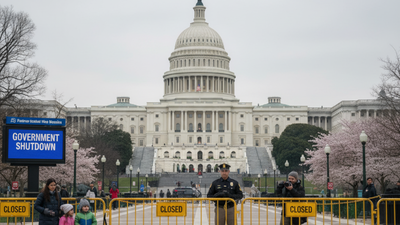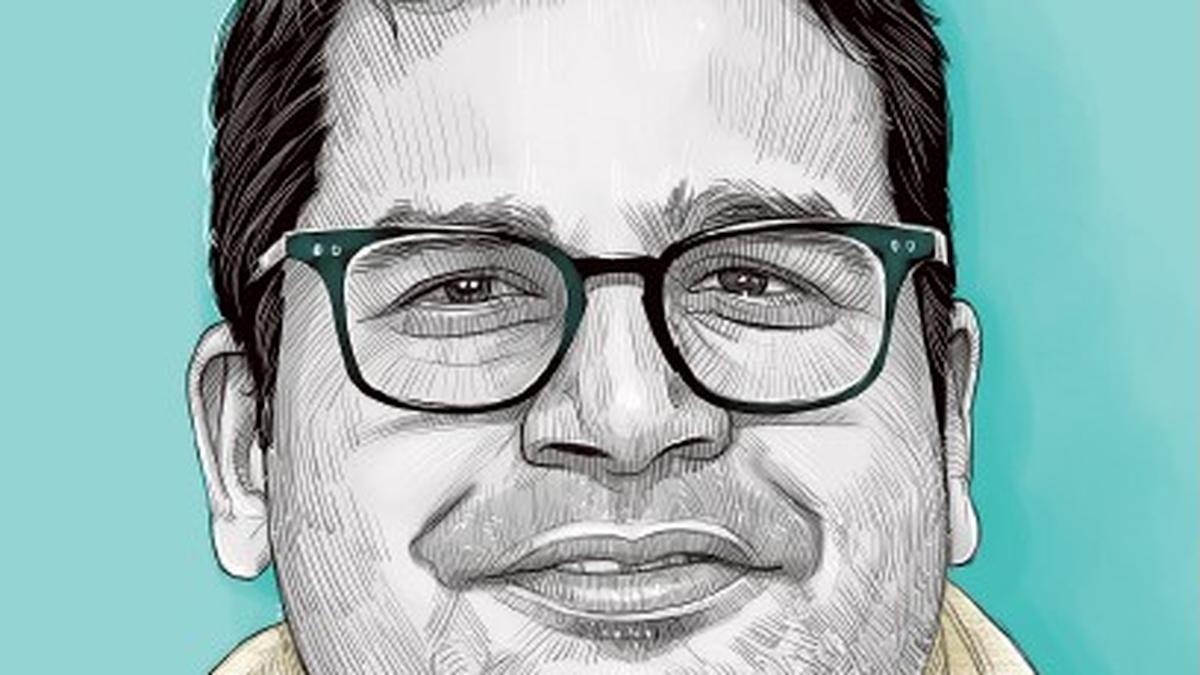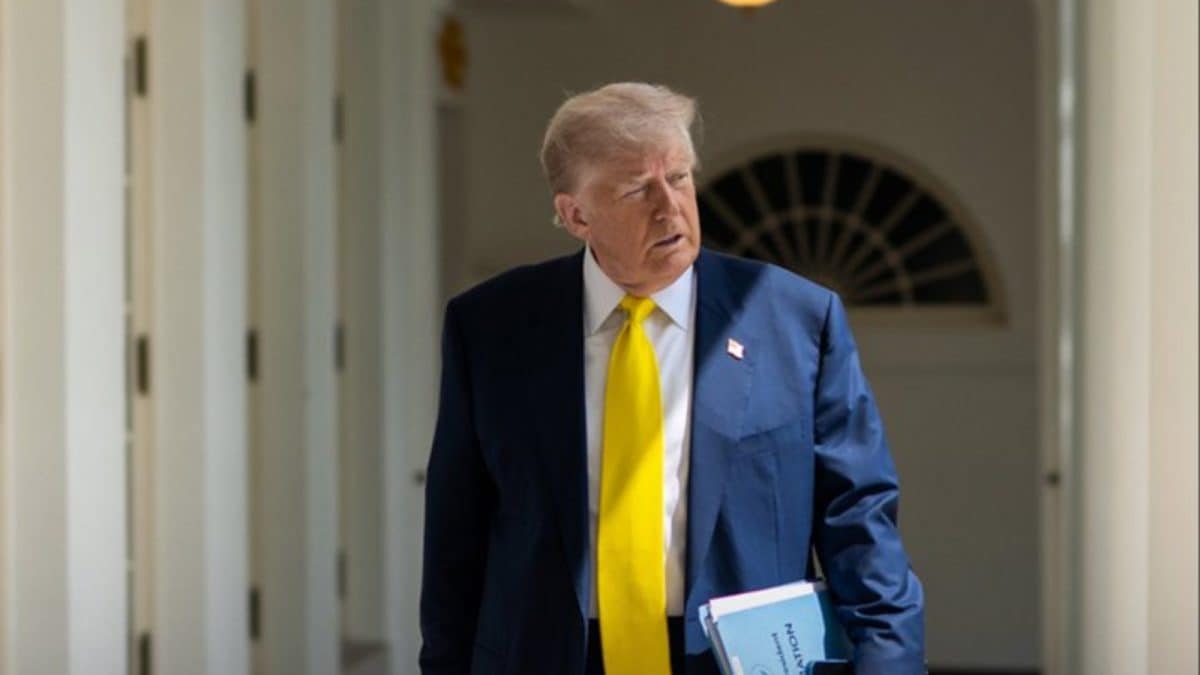ARTICLE AD BOX

Billionaire Timothy Mellon donates $130M to pay troops / AI-generated illustration
Timothy Mellon, the reclusive billionaire heir to the Mellon banking fortune, has made headlines after donating $130 million to ensure U.S. troops continue receiving their salaries during the government shutdown that began on October 1, 2025.
Unmasking Timothy Mellon
The mystery donor who provided an anonymous $130 million gift to the United States government, earmarked to pay active-duty military personnel during the 2025 federal shutdown has been identified as Timothy Mellon. Despite being a central figure in modern political finance, Mellon, 83, is known as a reclusive billionaire who actively avoids the spotlight. When President Donald Trump announced the massive, unprecedented donation, he praised the benefactor as a "patriot" but refused to name him, stating the donor preferred to remain private.Mellon is not a self-made tech mogul; he is the grandson of the legendary Andrew W. Mellon, the Gilded Age industrialist who served as Treasury Secretary in the 1920s. This connection places Timothy Mellon as an heir to one of America's wealthiest dynasties, with the combined Mellon family fortune estimated at around $14 billion. While he grew up in this legacy, he now lives a quiet life primarily in Wyoming, away from the centers of political power he heavily funds.
The Mellon fortune
The foundation of Timothy Mellon’s influence lies in the vast Mellon banking empire, established in the 19th century. Andrew Mellon, Timothy’s grandfather, was a pivotal financier who made early investments in companies that became industrial giants like Gulf Oil and Alcoa.Timothy Mellon carved his own path in business, primarily in transportation. He founded Guilford Transportation Industries in 1981, a company that grew to acquire several major railroads.
This venture eventually became Pan Am Railways, where Mellon held the majority ownership until its sale. A passionate pilot, he also purchased the bankrupt Pan American World Airways brand in 1998, famously writing that he "quite literally kept the American institution that is Pan Am flying.
" This background as a retired railroad magnate provides the direct source of his estimated multi-billion dollar individual wealth.
The $130 million gift and political firepower
In recent years, Timothy Mellon has transformed from a relatively low-profile conservative donor into one of the country’s most significant political financiers. He is now known as a staunch anti-tax crusader who directs his substantial wealth almost entirely toward right-leaning candidates and causes.His total political contributions in the 2024 election cycle topped $165 million, making him the top individual donor to outside spending groups. His most notable contributions include:
- Pro-Trump Support: A single, massive donation of $50 million to the pro-Trump super PAC, Make America Great Again Inc. (MAGA Inc.), delivered just one day after President Donald Trump's conviction on felony charges in New York. His total support for the group is over $125 million.
- The Kennedy Connection: He also contributed millions to Super PACs supporting the independent presidential campaign of Robert F. Kennedy Jr., as well as his anti-vaccine organization, Children's Health Defense.
- Border Initiatives: In 2021, he gave $53 million to Texas Governor Greg Abbott’s effort to construct a border wall along the state's boundary with Mexico.
This massive political spending is informed by his deeply held conservative and anti-government views. In his self-published autobiography, Mellon described federal social safety net programs as "slavery redux," a controversial stance that underscores his anti-tax, anti-entitlement ideology. The unexpected $130 million donation to pay troops during a government shutdown is seen as the latest manifestation of this highly personalized, influential, and often reclusive exercise of power in American politics.

 2 hours ago
4
2 hours ago
4









 English (US) ·
English (US) ·